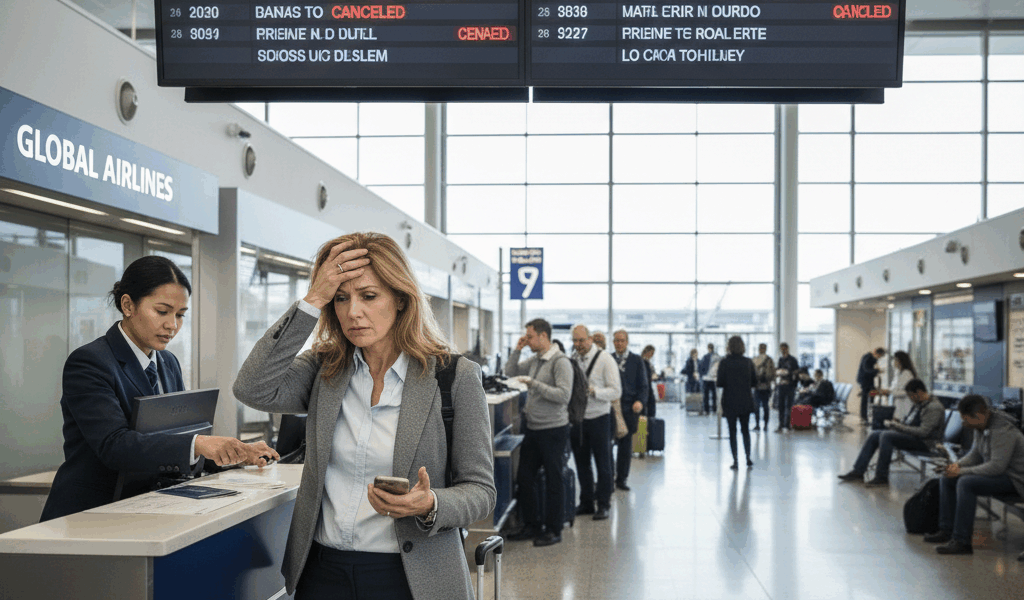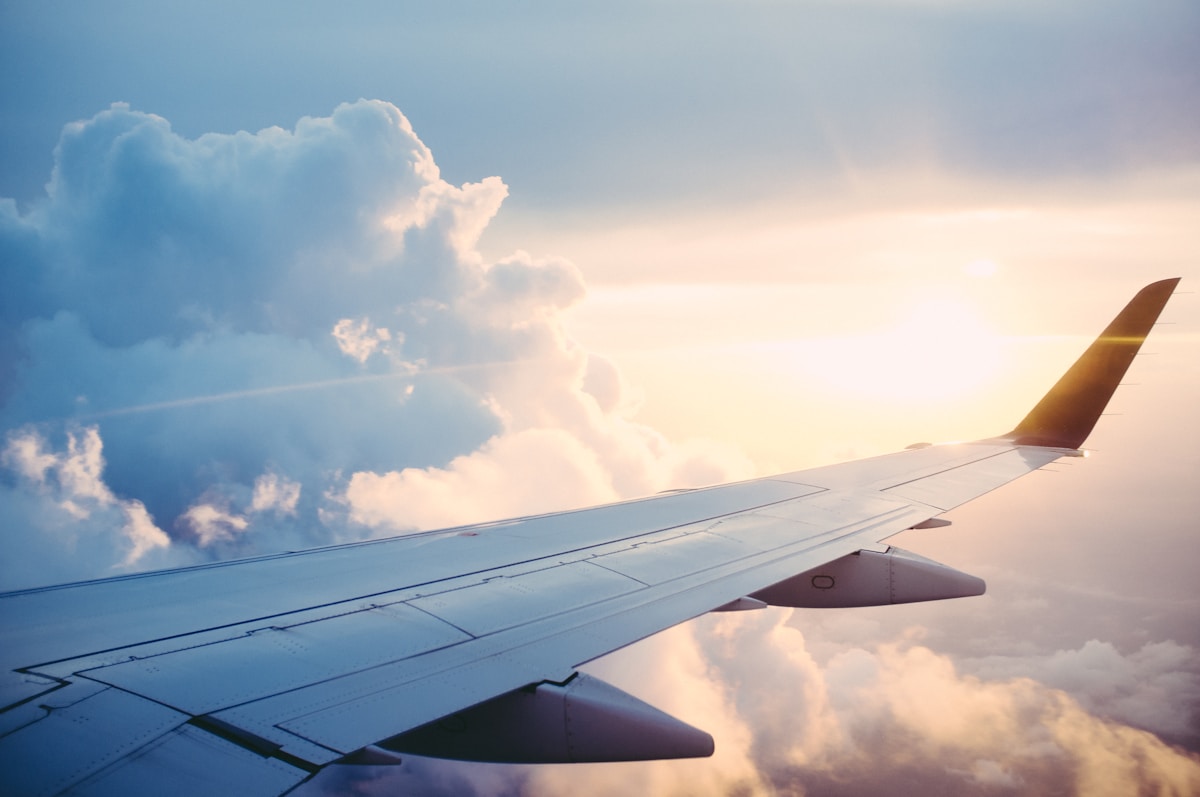I’ve experienced that sinking feeling more times than I’d like to admit – realizing you’ve missed your flight ranks among travel’s absolute worst moments. Whether traffic conspired against you or you simply lost track of time browsing airport shops, knowing what to do next can salvage your trip and minimize the damage to your wallet.
Don’t Panic – But Move Quickly
The moment you realize you’re going to miss your flight, get the airline on the phone immediately. Many carriers will rebook you on later flights if you notify them before departure actually happens. Waiting until after your flight leaves often eliminates this option entirely.
Use the airline’s app if phone lines are jammed. Most major carriers now handle rebookings digitally with surprising efficiency – sometimes faster than waiting on hold.

Know What Kind of Ticket You Bought
Your options depend heavily on what fare class you purchased:
Flexible tickets typically allow free rebooking on the same day or within 24 hours. These premium fares pay off substantially when plans fall apart.
Basic economy and deeply discounted fares usually mean starting over with an entirely new ticket purchase. Some airlines offer flat-rate same-day change fees as a middle ground, but expect to pay something.
When the Airline Caused the Problem
Missed connections due to delayed inbound flights are the airline’s responsibility to fix. They’ll rebook you on the next available flight at no charge and may provide meal vouchers or hotel accommodations for overnight delays.
Document everything – take photos of departure boards showing delays and keep all receipts. This evidence supports compensation claims if you need to push for reimbursement later.
Credit Cards With Travel Benefits
Comprehensive travel insurance through premium credit cards often covers missed flights due to covered reasons like illness, weather events, or documented traffic accidents. Review your policy before assuming you’re completely out of luck.
Cards like the Chase Sapphire Reserve, Amex Platinum, and Capital One Venture X include trip delay insurance that kicks in after certain time thresholds – usually six hours or more. Check your specific card’s terms.
Avoiding This Mess Next Time
Build buffer time into your airport arrivals that feels excessive. Two hours minimum for domestic flights and three for international provides margin for security lines and unexpected delays.
Set multiple alarms and calendar reminders. Enable flight status notifications from your airline’s app. Small precautions prevent expensive mistakes – and the stress that comes with scrambling at the airport.




Leave a Reply